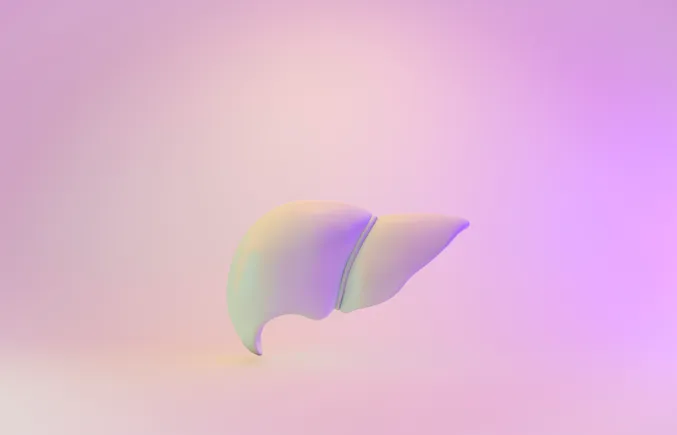The urgency to find an effective treatment for hepatitis D has never been greater, as this form of viral hepatitis can lead to severe liver disease and even death. In 2020, the European Medicines Agency granted conditional approval for Gilead Sciences’ Hepcludex based on midstage study data, recognizing the critical unmet medical need for this indication.
Hepatitis D, also known as the most severe form of viral hepatitis, can progress rapidly to liver cirrhosis, liver failure, and liver cancer within five to ten years. Despite the urgent need for treatment options, the landscape remains barren, with the FDA rejecting Hepcludex’s full approval in 2022 due to concerns about drug manufacture and delivery.
To address this treatment gap, Bluejay Therapeutics is developing BJT-778, a monotherapy for adults with chronic hepatitis D. Positive data from a recent phase 2 study showed promising results, with 100% virologic response achieved by week 24 and up to 78% combined virologic response and ALT normalization.
Hepatitis D is considered an orphan disease by the FDA, affecting fewer than 200,000 people in the U.S. However, experts believe the disease is underdiagnosed and more prevalent than reported. Interferon alpha is currently the only available treatment option, but it often proves ineffective and comes with severe side effects.
Bluejay’s BJT-778 targets the hepatitis B surface antigen HBsAg, neutralizing and clearing the hepatitis D virus from the blood. The drug has shown to be more potent, with quicker antiviral responses and fewer side effects compared to existing treatments. In addition, BJT-778 requires fewer injections and takes effect more rapidly than current options.
In addition to Bluejay Therapeutics, Vir Biotechnology has also shown promise with positive phase 2 results for an investigational human monoclonal antibody and siRNA combination for the treatment of hepatitis D. With ongoing research and development efforts, the hope for effective treatments for hepatitis D continues to grow, offering new hope for patients with this devastating disease. The biotech company Bluejay is making significant progress in its drug development, with plans to move into phase 3 testing in 2025. CEO Jane Chu has expressed confidence in the company’s monotherapy, stating that it outperforms combination therapies in terms of efficacy. Bluejay is prioritizing speed in its efforts to secure approval for its groundbreaking drug.
One of Bluejay’s key drugs, BJT-778, has already garnered orphan and PRIME designation from the EMA. Furthermore, the study endpoint results for BJT-778 align with FDA guidance on predicting clinical efficacy, indicating a promising future for the drug. Chu has also revealed that the company is in the process of applying for breakthrough designation with the FDA, highlighting the potential significance of BJT-778 in the pharmaceutical landscape.
Chu emphasized that Bluejay is actively collaborating with regulatory agencies to expedite the start of pivotal registrational trials for BJT-778. The company’s goal is to initiate these crucial trials as soon as possible, further solidifying its position as a frontrunner in the biotech industry.
In conclusion, Bluejay’s advancements in drug development are setting the stage for groundbreaking innovations in healthcare. With a focus on efficacy, regulatory approval, and expedited trials, Bluejay is poised to make a significant impact on the field of biotechnology. Stay tuned for more updates on Bluejay’s journey towards phase 3 testing in 2025.


